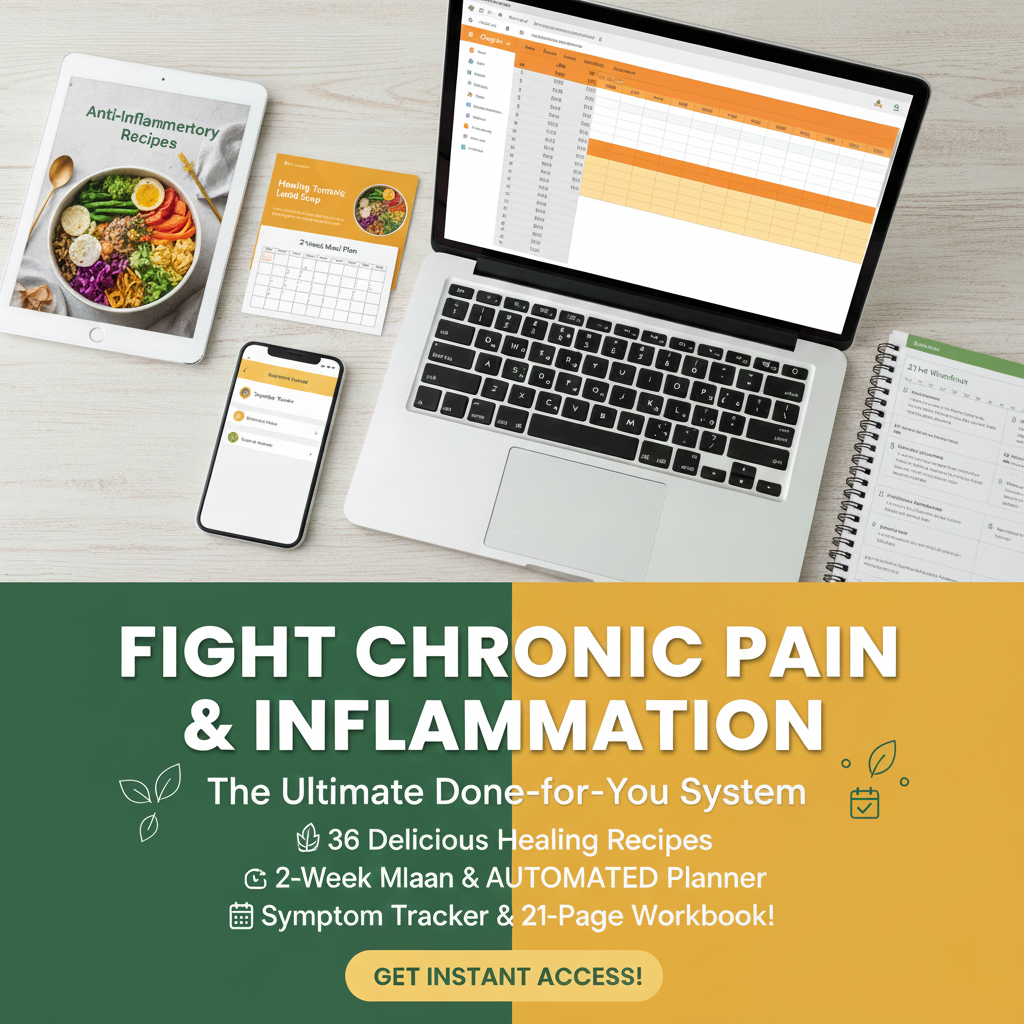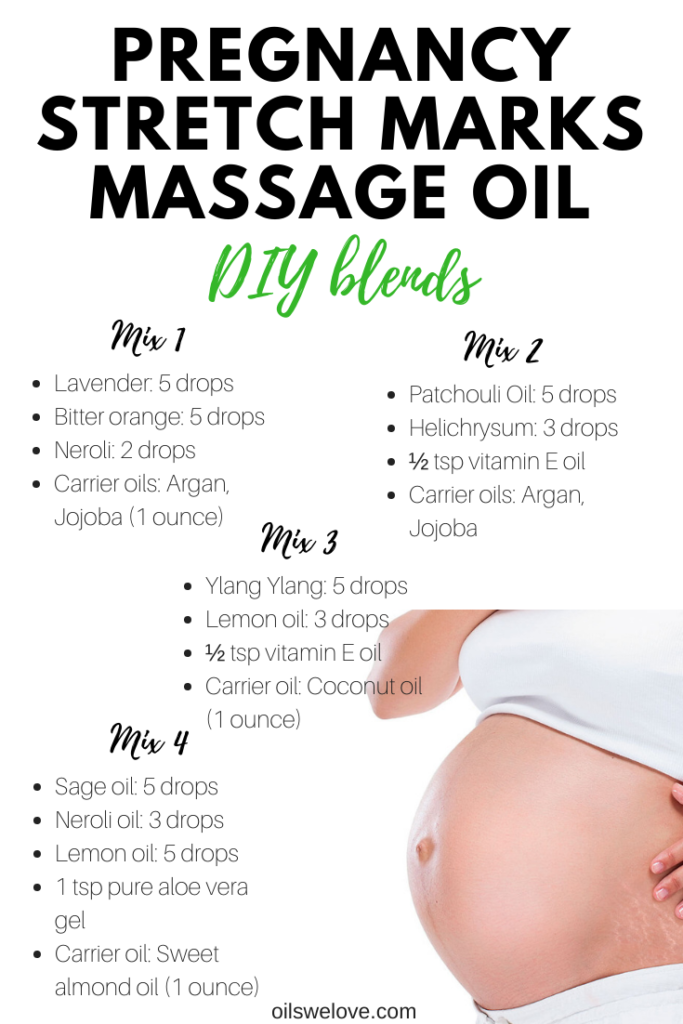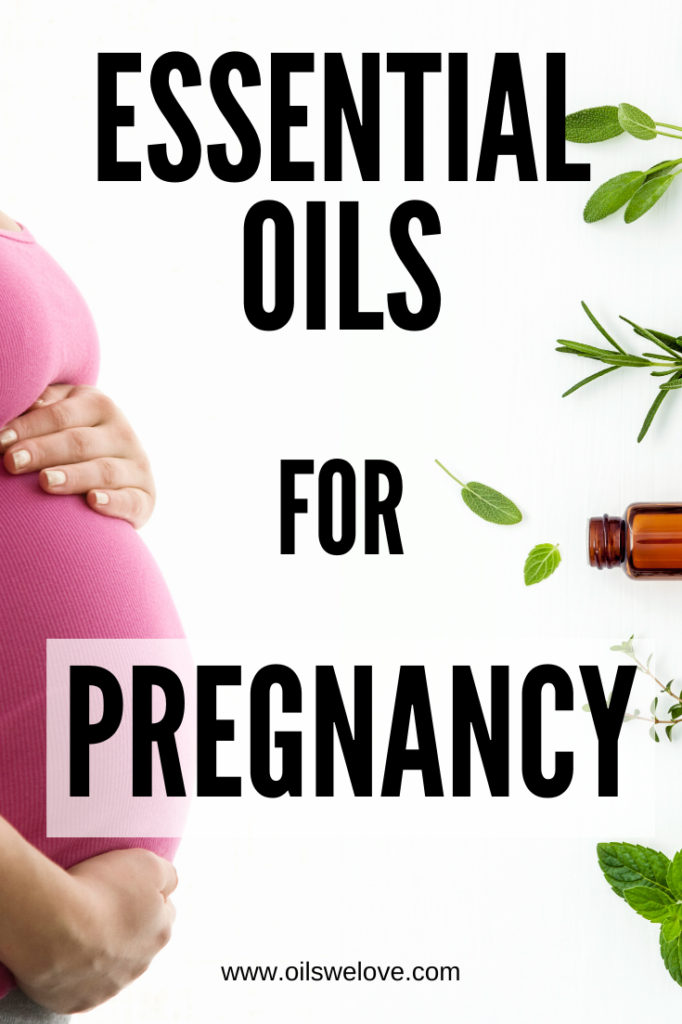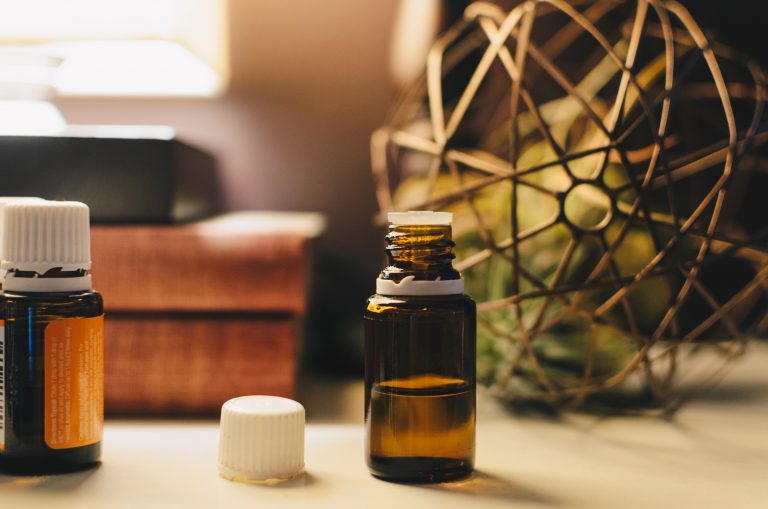Essential Oils during Pregnancy: Use Them Safely
For centuries, people have turned to aromatherapy as a natural treatment for various illnesses. While essential oils may look like your best option to relieve pregnancy pains, they aren’t always recommended. Why? During pregnancy, the ingestion or topical application of essential oils can affect fetuses’ health. This eventually brings me to the essential point: slathering on your favorite essential oil is a risky move for moms-to-be.
During the last decade, essential oils have experienced massive popularity. Bolstered by a monumental increase in demand, these plant extracts have piqued sales and variety. But the hype has given way to a glut of misinformation about the use of essential oils.
Pregnant women, in particular, must be careful about their exposure to essential oils and their direct effect on the human body. In spite of being popular, these chemical compounds can be both blessing and bane, especially for pregnant and breastfeeding ladies out there.
Let’s get started, and learn a few rules about the safe and effective use of essential oils during pregnancy.
Essential oils during the first trimester

 Most therapists refuse to treat pregnant women during their first trimester. My best advice is to take a leaf out of their book and wait until the second trimester to try anything – and yes, that includes essential oils.
Most therapists refuse to treat pregnant women during their first trimester. My best advice is to take a leaf out of their book and wait until the second trimester to try anything – and yes, that includes essential oils.
Most people underestimate how potent essential oils are. Before topical use or ingestion, you must understand that essential oils are no benign substances, and using them so early in the pregnancy could cause uterine contractions or worse; adversely affect your baby’s development.

Avoid any massages or essential oil treatments on your bump during the first trimester. Wait until the second trimester to try out essential oil treatments, and even then, purchase only high-quality organic essential oils from reputable suppliers. Although research has yet to completely confirm the negative effects of essential oils on pregnant women during their first trimester – it is always better to be safe than sorry.
Essential oils in the second & third trimester of pregnancy
After the first trimester is over, the risk of miscarriage is significantly lower. Secondly, the baby is no longer highly vulnerable to danger and is more developed by the time the mother enters the second trimester. Therefore, some essential oils are safe to use during these phases of the pregnancy.
Here are the top 5 essential oils that do not pose a threat to the fetus’s development and can help relieve pregnancy aches and pains.
1. Bergamot
Bergamot essential oil helps heal cystitis during pregnancy. Moreover, the analgesic properties of bergamot help relieve pregnancy pain. This citrus oil acts as an antidepressant and boosts your mood during the times you feel low or anxious. A sniff or mixed blend massage of bergamot oil can help lift your emotions during the long and stressful nine months of pregnancy.
2. Lavender

Lavender is perhaps the most popular choice of essential oil in the world. It is preferred for its antiseptic, analgesic, and antidepressant properties. Lavender essential oil makes you feel calm and relaxed during the most stressful moments of your pregnancy. Its added benefits include fresh and healthy-looking skin and reduced stress. Lavender oil works wonders for your body during pregnancy. It supports cell renewal and helps your body to deal with fluid retention.
3. Ylang Ylang
This floral essential oil will rid you of your depressing mood and increased blood pressure. Ylang-ylang creates an excellent blend with bergamot and lavender to help your body relax, gain emotional balance, and stay calm. Its restorative properties will keep you at ease even when you are overworked and irritable. A blend of ylang-ylang, rose geranium, and lavender essential oils with Epsom salt and baking soda will drain your body of stress and help restore your emotional balance.
4. Lemon
Lemon citrus oil is heavenly when blended with ginger oil. You can sniff this blend or diffuse it first thing in the morning to start your day with a relaxed and refreshing mood. Lemon has natural cleansing properties and a great scent to help with morning sickness.
5. Immortelle

Helichrysum italicum essential oil, also known as Immortelle, is known for its anti-inflammatory properties, it is helpful for scars, and supportive of the immune system.
It is a wonderful oil with a warm, slightly honey-like, rich and buttery scent, with notes of wood, that you can massage on your growing belly (of course, first diluted in a carrier oil).
Essential oils for labor pain
Oils can also help in labor and delivery. For example, evening primrose oil is often used for labor induction. Also, some women wonder about the effectiveness of essential oils for pain management during labor and delivery.
Indeed, some of the essential oils can help in reducing labor pain, nausea, vomiting, and headaches. By stimulating certain parts of the brain, the aromatherapy may decrease anxiety and tension which, in turn, reduces pain perception.
However, researches about using essential when you’re in labor have mixed results. For example, the 2014 study [1] shed some light on how bitter orange essential oil can help with the severity of labor pain. The study revealed that aromatherapy using bitter orange essential oil in distilled water alleviates labor pain in the first stage of labor.
But another study found that the aromatherapy made no difference in the late phase of labor.
Important: only use essential oil diffuser to help with labor pain. If you’re using a birth pool, do not add essential oils directly to the water.
Which Essential Oils Should Be Avoided During Pregnancy?
Over the years, some essential oils have proven to be extremely beneficial during pregnancy. However, the use of a few essential oils should be restricted.
Following is a list of a few essential oils you must avoid during pregnancy:
- Basil
- Cedarwood
- Cinnamon
- Clove
- Fennel
- Hyssop
- Juniper
- Parsley
- Pennyroyal
- Rosemary
- Sweet marjoram
- Thyme
- Peppermint
Which Oils Are Good for Preventing Stretch Marks?
The glaringly visible zig-zag stretch marks are one of the major concerns of women going through pregnancy. Certain essential oils have proven to be effective at reducing the visibility of stretch marks. Let’s learn about a few of them.
1. Argan Oil
We all have either used or heard of Argan oil – a popular essential oil for skin and hair care. According to research, Argan oil improves the elasticity of the skin which could help prevent stretch marks during pregnancy.
2. Bitter Almond Oil
This oil is extracted from a different kind of almond than the one we usually eat. Research suggests that bitter almond oil significantly reduces stretch marks due to pregnancy.
3. Neroli Oil
Neroli essential oil is extracted from the Citrus aurantium tree. While most of the claims about the Neroli oil helping with stretch marks are anecdotal, it has a history of lightening up the body’s skin tone and reducing skin imperfections and pigmentation. Neroli oil is also rich in antioxidants and supports cell regeneration.
4. Patchouli Oil
Patchouli essential oil helps relieve mood, heals wounds, and reduces scarring. Patchouli oil’s antioxidant properties aid the synthesis of collagen. A build-up of collage could help reduce stretch marks.

Stay safe while using essential oils during pregnancy
The usage of essential oils for pregnant women is a controversial topic where many debate the benefits and potential risks of these natural extracts. But according to the National Association for Holistic Aromatherapy (NAHA), the use of essential oils during pregnancy is highly instrumental for moms-to-be suffering from nausea, headaches, back pain, fatigue, severe anxiety, mood swings, and insomnia.
In spite of its many benefits, certain precautions must be taken in the use of essential oils during pregnancy. You must only use these oils externally because ingesting these powerful chemical compounds can result in a miscarriage, preterm labor, or inhibit the development of your baby. Lastly, you must always dilute these essential oils with carrier oils before application.

Disclaimer: The contents of this website are for informational purposes only and do not constitute medical advice; the content is not intended to be a substitute for professional medical advice, diagnosis, or treatment. Always seek the advice of a physician or other qualified health provider with any questions you may have regarding a medical condition.
References
- Namazi, Masoumeh et al. “Effects of citrus aurantium (bitter orange) on the severity of first-stage labor pain.” Iranian journal of pharmaceutical research : IJPR vol. 13,3 (2014): 1011-8.






